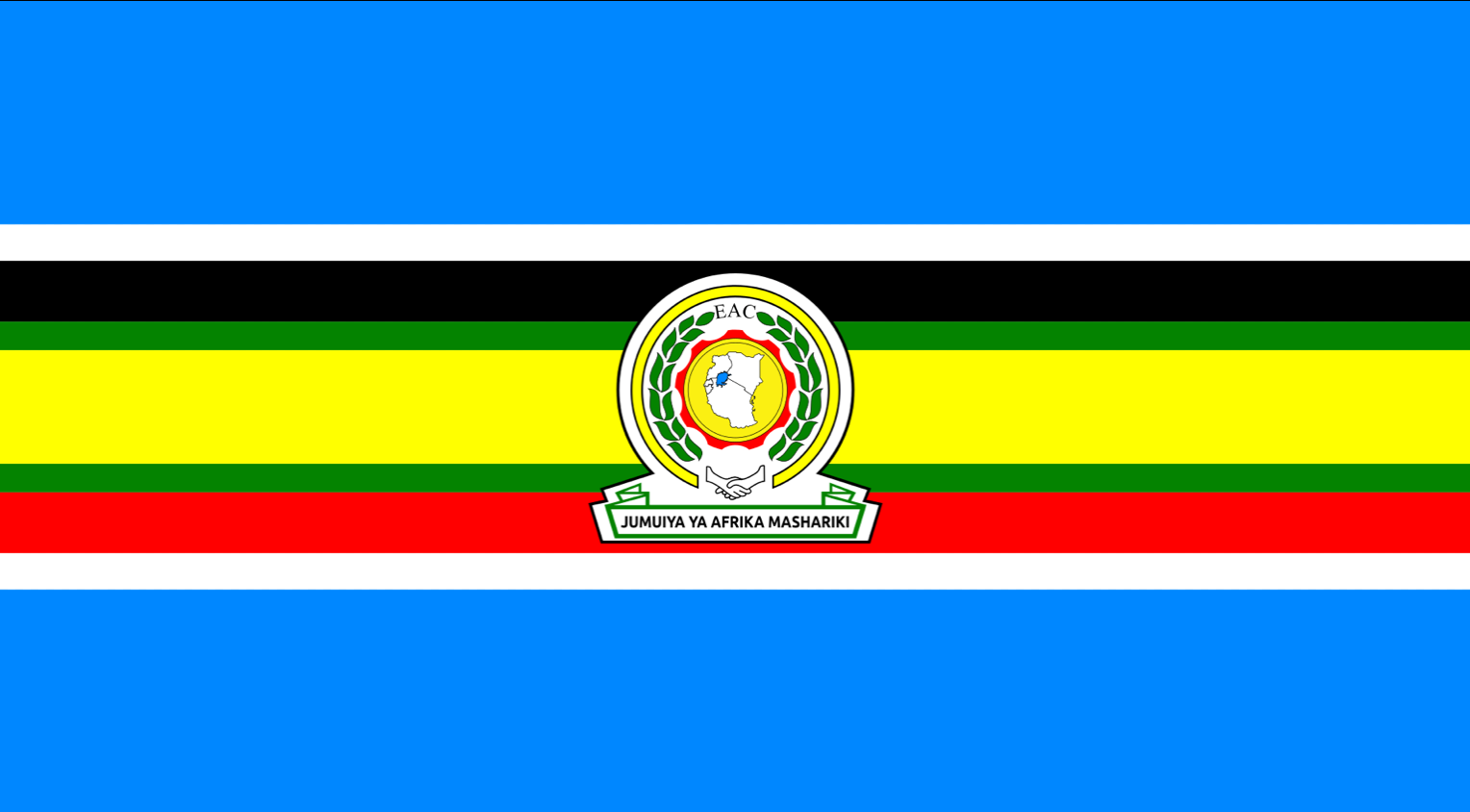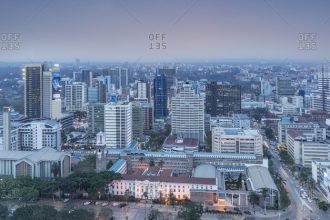In December 2023, Uganda’s export landscape saw the East African Community (EAC) maintaining its position as the primary destination, capturing 37.6% of the total market share. This pivotal role underscores the significance of regional trade partnerships in Uganda’s economic landscape. Notably, within the EAC, the Democratic Republic of Congo (DRC) emerged as the leading recipient of Uganda’s exports, constituting 24.2% of total exports to the region.
The Middle East and Asia emerged as significant markets, solidifying their positions as the second and third top destinations for Uganda’s exports. These regions play crucial roles in diversifying Uganda’s export portfolio and enhancing its global trade relations.
In December 2023, Uganda celebrated trade surpluses with key regions, including the Middle East, European Union, and EAC, amounting to $99.72 million, $23.32 million, and $22.30 million, respectively. Such surpluses signify the competitiveness of Ugandan products in international markets and contribute positively to the country’s trade balance.
Italy retained its status as the primary market for Uganda’s coffee exports, capturing 45% of total coffee exports in December 2023. This highlights the significance of Italy as a key partner in Uganda’s coffee industry, showcasing the robustness of trade relations between the two countries.
Beyond coffee, Uganda’s export spectrum includes mineral products, cotton, tea, tobacco, fish and its products, simsim, maize, beans, and flowers, reflecting the country’s diverse agricultural and natural resource base.
In addition to export dynamics, the economic performance report for January 2024, released by the Ministry of Finance, provides valuable insights into Uganda’s financial sector and broader economic landscape.
Economic activity and business conditions continued to improve, albeit at a slower pace, as indicated by high-frequency indicators. Sentiments regarding business prospects remained optimistic, with the Business Tendency Index showing a positive trend, increasing to 60.15 in January 2024.
However, annual headline inflation rose to 2.8% in January 2024, driven by increases in core, food crops, and Energy Fuel and Utilities (EFU) inflation. This underscores the need for vigilant inflation management to ensure price stability and safeguard consumer purchasing power.
In the financial sector, the Uganda Shilling depreciated by 0.64% in January 2024, attributed to heightened demand for the dollar from various sectors. Despite this, lending rates saw a reduction, reflecting the conducive monetary policy environment characterized by low and stable inflation.




















